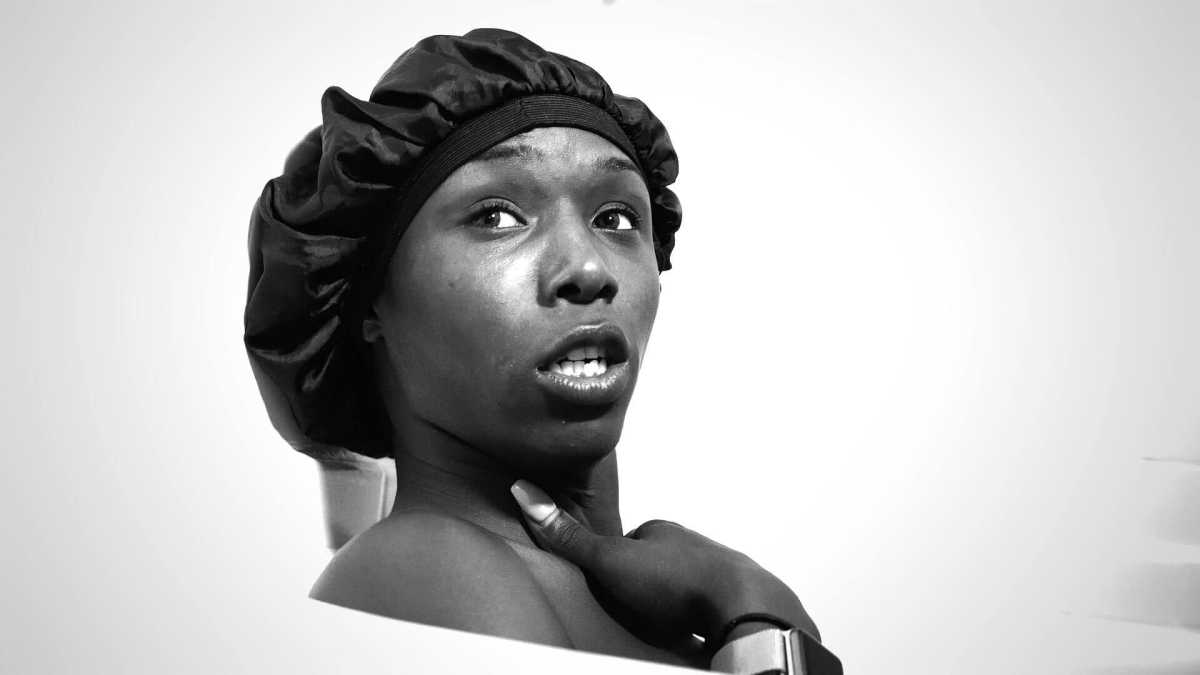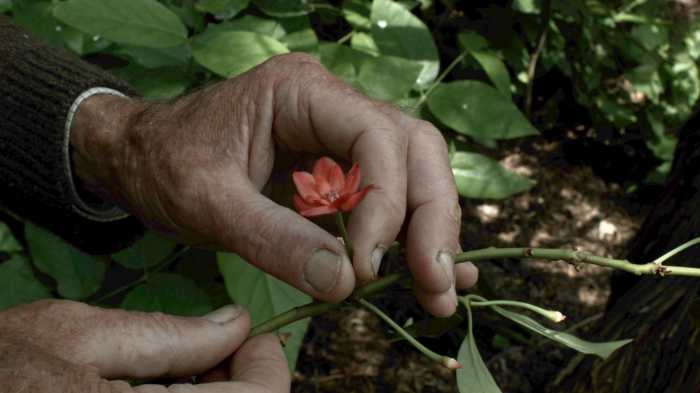Streaming has corrupted the documentary, kneecapping its potential. Compared to just a decade ago, adventurous docs rarely get a theatrical release. (Props to Film Forum and the newly launched Firehouse for continuing to steadily support the form.) The corporate consolidation and reliance on safe IP that have turned American pop culture into a dull dystopia have not spared documentaries. We’re inundated with celebrity profiles and true crime.
As a more general problem, recent cinema and TV have proven inadequate to express the anger this oppressive moment is triggering for queer people. Trans film critic Willow Catelyn Maclay wrote, “In the time since ‘Brokeback Mountain,’ American queer cinema has sometimes felt like a square peg being rammed into a round hole. There has been a certain level of conformity in presentation, and a conscious effort to appease certain aspects of representation that are tied into neoliberal designations of what queerness should look like, and how it should behave.” D. Smith’s “Kokomo City” is a big exception. In fact, her film gives Black trans sex workers a platform to speak with a frankness I’ve never heard before in a movie.
Kokomo City isn’t a physical place, since the four women interviewed within it live in Atlanta (Koko Da Doll, Liyah Mitchell) and New York (Daniella Carter, Dominique Silver). The title comes from a 1930s song by Kokomo Arnold, “Sissy Man Blues.”
Smith also talks with cis men attracted to trans women, who speak about the pressure to live up to a regressive vision of masculinity. Smith, a Black trans woman herself, does not address her own experiences directly, but a sense of identification, rather than voyeurism, beats through “Kokomo City.”
Smith has worked as a musician and songwriter, starting as a 10-year-old girl. When she was thrown out by her father and became homeless, she supported herself singing in the subway. She went on to have some success in the music industry, including producing Lil Wayne’s 2008 “Shoot Me Down.” After her 2014 transition, this work suddenly vanished. The soundtrack for “Kokomo City” includes a wide variety of music, from soul to hip-hop to jazz. Smith composed much of it herself. Her musical background can be felt in the editing, with its sudden shifts of rhythm and changes of dynamics. Smith says that five directors she approached about collaborating on the film rejected her, so she became her own one-woman crew.
Although “Kokomo City” is based around talking heads interviews, it was made with a careful attention to aesthetics. Smith introduces some of her subjects with slow-motion images of their bodies, while cutting away briefly during interviews. Some of these choices might seem obvious: on the word “thugging,” she cuts to a shot of a man holding a large gun at the camera. Such reenactments don’t add much, but others provide needed relief from the grim stories being told. Most of these inserts are innocuous or even quite pretty, like close-ups of flowers. The most powerful montage contrasts animation of flowers blossoming and growing with Carter speaking about Black mothers’ fears that they’ll lose another Black man in their lives when their children identify as trans women. Smith’s style acknowledges the women she’s profiling as sexual beings without objectifying them, even when she includes full frontal nudity. The final scene may be controversial, but “Kokomo City” sees portraiture of trans women’s bodies as central to its mission.
The women in “Kokomo City” do not care who they might offend. It airs out their grievances within the Black community, where they feel exploited by cis men and attacked by cis women. The fact that they criticize white people comparatively less testifies both to segregation — only one person who isn’t Black appears in the film — and justifiably low expectations. The dominant mood is one of barely contained hostility. These women feel at risk from their clients, rightfully so. Koko Da Doll was murdered last April, just a few months after the film’s premiere. They resent the cis men who, at best, might treat them as sugar babies and, at worst, frequently become violent after they have an orgasm and suddenly feel guilty for sleeping with a trans woman. Cis women view them as competition for the same men.
“Kokomo City” rejects the idea that these attitudes, including an exposure of class dynamics amongst Black men and women, are best hidden. The women it profiles seem angriest at the men who sleep with them for a small amount while denying their attraction to trans women and running back home to their wives: one says “we’ve normalized being degraded.” This is a deeply uncomfortable movie. It may be even more so for some members of the communities it depicts. Yet it’s a desperately urgent cry about the brutality forced upon Black trans sex workers.
“Kokomo City” | Directed by D. Smith | Magnolia Pictures | Opens July 28th at IFC Center



































